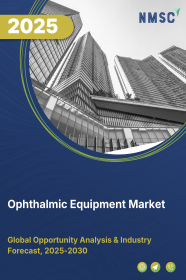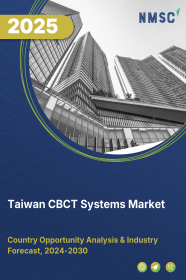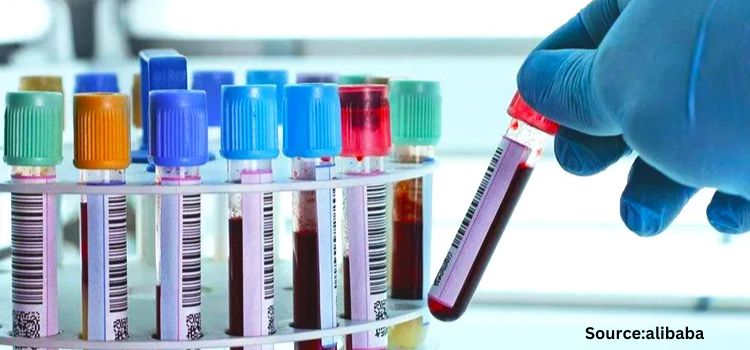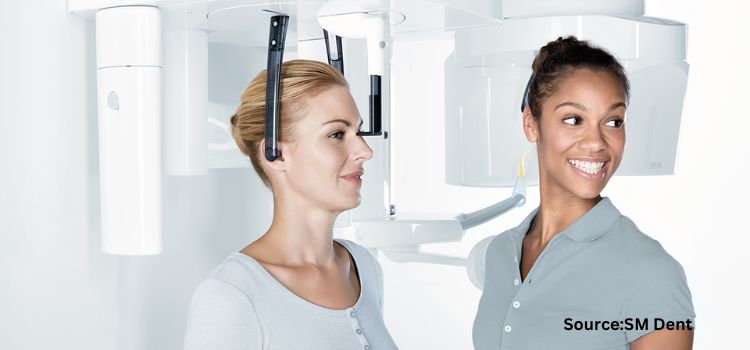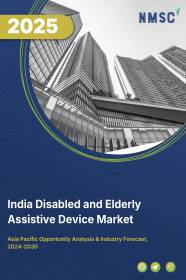
India Disabled and Elderly Assistive Device Market by Type (Mobility Impairments, Hearing Impairments, Visual Impairments, Cognitive Impairments, and Self-Care), and by End User (Hospitals, Elderly Nursing Homes, Home Care, and Other End Users) –Opportunity Analysis and Industry Forecast, 2024 – 2030
Industry: Healthcare | Publish Date: 17-Feb-2025 | No of Pages: 119 | No. of Tables: 87 | No. of Figures: 52 | Format: PDF | Report Code : HC1080
US Tariff Impact on India Disabled and Elderly Assistive Device Market
Trump Tariffs Are Reshaping Global Business
India Disabled & Elderly Assistive Device Market Overview
The India Disabled & Elderly Assistive Device Market size was valued at USD 716.2 million in 2023, and is predicted to reach USD 2765.8 million by 2030, at a CAGR of 20.0% from 2024 to 2030.
The disabled & elderly assistive device market refers to a wide range of products and services designed to support the aging population and individuals with disabilities in maintaining their autonomy and improving their quality of life. This market covers medical furniture, hearing aids, mobility aids and living aids, that are crucial for managing chronic conditions and ensuring safety.
Innovations in these areas are driven by the need to address the growing challenges of an aging population and the diverse requirements of individuals with disabilities, making this market integral to enhancing accessibility and wellbeing. This market is fueled by growing rate of disabled individuals, rapid technological advancements, and evolving regulatory landscapes, the assistive device industry prioritizes inclusivity and continuously adapts to meet the ever-changing needs of its diverse user base.
Innovative Product Launches Fuels the India Disabled & Elderly Assistive Device Market Growth
The India disabled & elderly assistive device market benefits significantly from initiatives undertaken by various research institutes across the country. These institutes play a crucial role in driving innovation and development of advanced assistive devices tailored for elderly and disabled populations. By focusing on research and development, these institutes foster technological advancements that enhance mobility aids, sensory devices, and healthcare devices.
For instance, in March 2024 Indian Institute of Device Madras developed an electric standing wheelchair “NeoStand” that aims to provide wheelchair users the ability to stand independently. Their initiatives aim to improve accessibility, affordability, and effectiveness of assistive devices, thereby addressing the diverse needs of the population and promoting independent living and quality of life. This concerted effort contributes to the growth and expansion of the India disabled & elderly assistive device market.
Rising Disposable Income Boosts the India Disabled & Elderly Assistive Device Market Demand
India's rising disposable income levels are significantly boosting the demand for assistive devices in the market. As more individuals and families experience higher income levels, there is increased spending power and a greater willingness to invest in advanced health and wellness devices.
According to the Government of India, India's gross disposable income grew by 15% during 2022-23. This trend is particularly evident in the demand for assistive devices, such as mobility aids, hearing aids, and smart healthcare gadgets, that improve the quality of life for elderly and disabled individuals.
The growing middle class and their enhanced purchasing capacity enable more people to access and afford these devices, driving the expansion and diversification of the disabled & elderly assistive device market in India. This economic growth not only enhances personal well-being but also encourages further innovation and development within the sector.
The High Upfront Cost Associated with Assistive Devices Hinders the Growth of the Market
the high cost of assistive devices creates significant barriers for people in developing and underdeveloped countries, particularly those with low or fixed incomes. These essential tools, that greatly improve the quality of life for individuals with disabilities, often remain out of reach due to the stark economic disparities and limited financial resources.
The Integration of AI Into Assistive Device is Expected to Create Ample Growth Opportunity for the Market
The integration of assistive technology such as artificial intelligence (AI) and advanced sensors into disabled & elderly assistive devices represents a transformative leap towards a future where these devices are not only more advanced but also more personalized and accessible than ever before.
AI enables assistive devices to evolve beyond static solutions, becoming dynamic and adaptable to the specific needs of each user. Through machine learning algorithms, these devices learn from user interactions, continuously improving their functionality and responsiveness.
Competitive Landscape
The promising key players operating in India disabled & elderly assistive device industry includes Stryker Corporation, Medline Industries, Inc., Baxter, Drive DeVilbiss Healthcare, PEAAR Healthcare, GPC Medical Ltd., Ostrich Mobility, MEYRA GmbH, Sonova, Optimede Inc., and others.
India Disabled & Elderly Assistive Device Market Key Segments
By Type
-
Mobility Impairments
-
Wheelchairs
-
Walkers and Rollators
-
Canes and Walking Sticks
-
Crutches
-
Portable Ramps
-
Others
-
-
Hearing Impairments
-
Hearing aids
-
FM System
-
Deafblind communicators for hearing
-
-
Visual Impairments
-
Screen readers
-
Optical magnifiers
-
Smart phones for vision
-
Braille writing equipment
-
Talking Devices
-
-
Cognitive Impairments
-
Self-Care
-
Shower Chairs
-
Grab-bars/handrails
-
By End User
-
Hospitals
-
Elderly Nursing Homes
-
Home Care
-
Other End Users
Key Players
-
Stryker Corporation
-
Medline Industries, Inc.
-
Baxter
-
Drive DeVilbiss Healthcare
-
PEAAR Healthcare
-
GPC Medical Ltd.
-
Ostrich Mobility
-
MEYRA GmbH
-
Sonova
-
Optimede Inc.
REPORT SCOPE AND SEGMENTATION:
|
Parameters |
Details |
|
Market Size Value in 2023 |
USD 716.2 million |
|
Revenue Forecast in 2030 |
USD 2765.8 million |
|
Value Growth Rate |
CAGR of 20.0% from 2024 to 2030 |
|
Analysis Period |
2023–2030 |
|
Base Year Considered |
2023 |
|
Forecast Period |
2024–2030 |
|
Market Size Estimation |
Million (USD) |
|
Growth Factors |
|
|
Companies Profiled |
10 |
|
Customization Scope |
Free customization (equivalent up to 80 working hours of analysts) after purchase. Addition or alteration to country, regional, and segment scope. |
|
Pricing and Purchase Options |
Avail customized purchase options to meet your exact research needs. |

















 Speak to Our Analyst
Speak to Our Analyst



